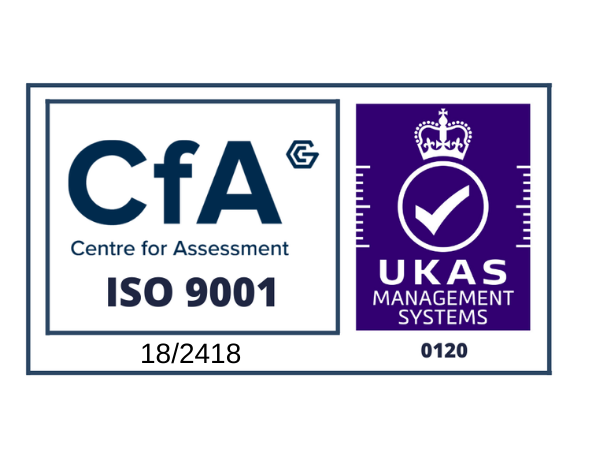How manufacturing has changed in the UK
How manufacturing has changed in the UK:
Over a hundred years ago, manufacturing was a driving force for the UK economy, and was an industry that was growing at rapid speeds. The development of newer machinery and systems meant that the UK could become market leaders as one of the largest manufacturers in the world. The manufacturing industry was able to provide Britain with a lot of jobs, signalling a significant increase in economic growth. During this type those who worked in the manufacturing industry were able to specialise in a new set of skills that would give Britain the edge when competing with the likes of Germany and USA.
This all changed in the 1970s, when Britain saw a decrease in the number of people employed in this industry. This was a clear indication that the sector was slowing down for two main reasons. The rise of new technology and Britain's push into the service sector. With cutting-edge technologies on the market that can reduce both costs and production time, many businesses in the industry invested in this as a way to compete on a global scale. The new machinery not only helped to improve overall quality, but it also meant that human error was reduced. As a result, businesses reduced their workforce, and workers were gradually laid off and replaced by machines. This, however, meant that Britain's overall manufacturing quality had improved. Because of the decrease in demand for workers, workers would have to be highly specialised in order to find work in the industry.
This shift was brought about by the notion that Britain's economy would improve if we became the powerhouses of service industry. However, the economy failed to see some real change, and many manufacturing workers who transitioned to the services sector saw their annual income fall.
Despite the emergence of newer industries and new innovations that reduce the need for actual labour, the manufacturing industry has been more productive than ever and is one of the UK's top contributors to economic growth. Despite the current economic climate, the sector has been steadily growing and shows no signs of slowing down. The increased use of scalable solutions is a strong indicator of this. Many companies are now investing for the long term in order to stay ahead of the curve and better predict future outcomes. Automation has also played a significant role in this steady growth, as we now have machines that allow us to produce continuously while keeping costs low.
Manufacturers have also begun to become much more environmentally conscious, owing to a rise in environmental consciousness and businesses working with the government to achieve carbon neutrality. As a result, businesses are looking for ways to reduce their carbon footprint as well as investing in much more environmentally friendly machinery.







